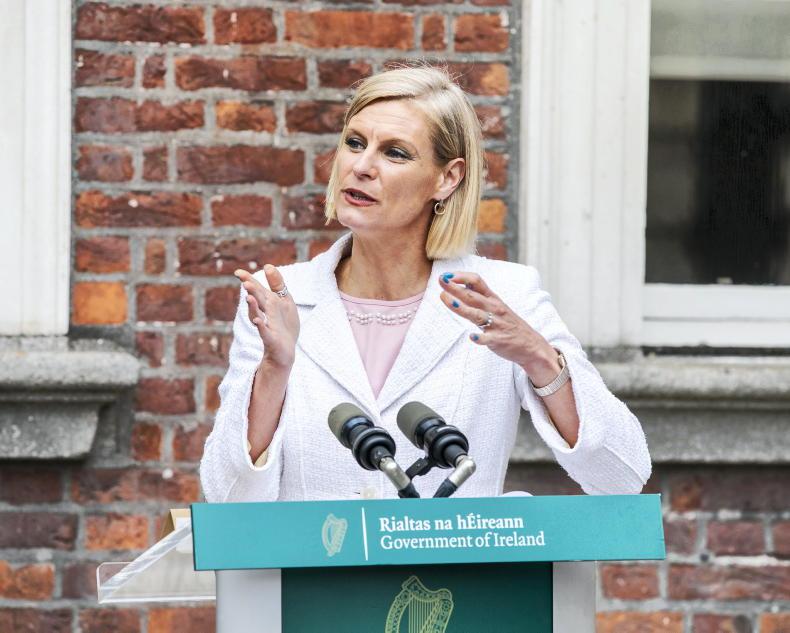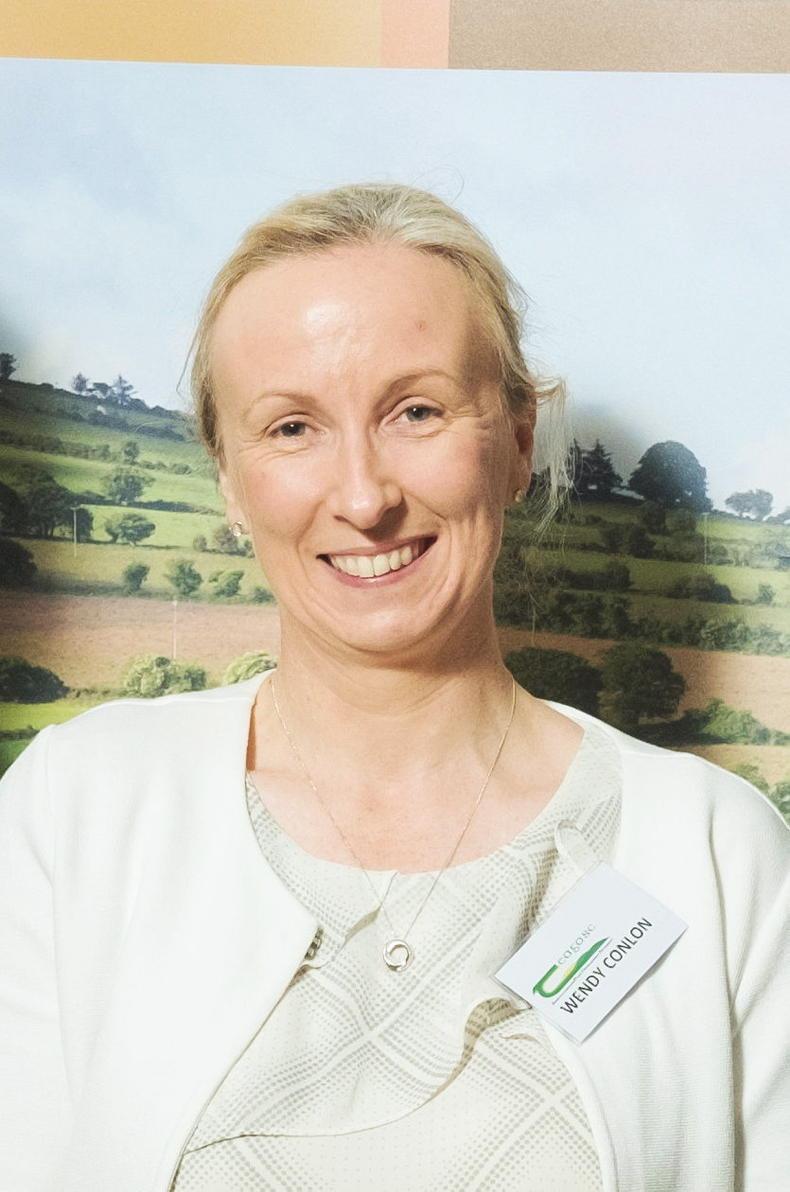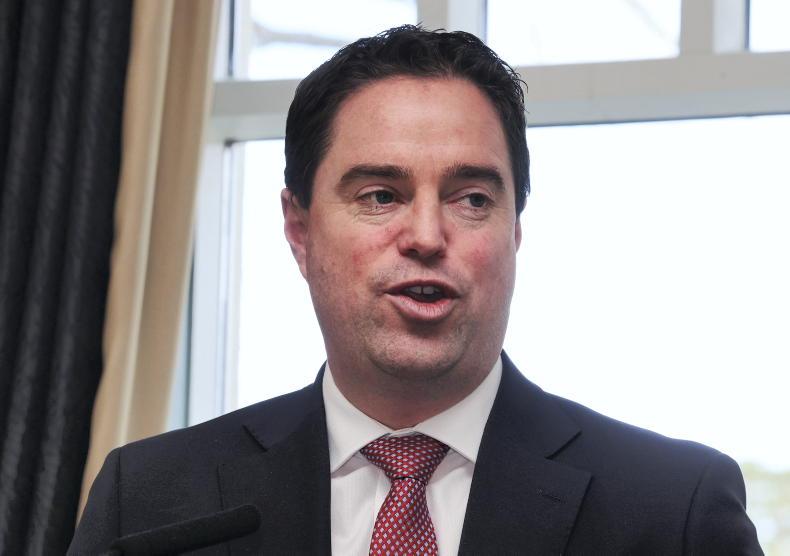THE first of the year’s reports on animal cruelty in the Irish Horse World appeared in the issue of February 19th but there was good news the following Saturday as editor Isabel Hurley revealed.
“Latest figures from the Department of Agriculture, Food and the Marine show that there was a slight nationwide drop in the number of equine abuse complaints received from 2020 to 2021.”
In that same issue however we read about a trio of donkeys who had been left abandoned in a field near Enniscrone recovering at the Irish Society for the Prevention of Cruelty to Animal’s National Animal Centre in Longford. They had been found in a lot of pain and discomfort due to extremely overgrown hooves.
In the issue of March 26th we read of the conviction of a Co Kilkenny man whose 41 horses had been kept “in the most appalling conditions in sheds and stables knee deep in wet dung and most horses had no access to water. Some were eating their own manure due to lack of feed,” according to Barbara Bent of Waterford SPCA.
There would be less cruelty issues if laws governing animal ownership were properly implemented. Hands up anyone who was surprised to read in a report by Hurley (April 9th) the words of Minister for Agriculture, Food and the Marine Charlie McConalogue TD (FF) “There have been no prosecutions since January 2013 with regard to the failure of owners to microchip their horses.”
Responding to Cork North Central TD Thomas Gould (SF) in August, the Minister confirmed a sharp decline in the number of horses seized nationwide from 1,603 in 2017 to 477 in 2021.
‘Dedicated equine charities are to receive almost €500,000 from the Department of Agriculture, Food and the Marine for 2023, almost double the amount allocated this year,’ commenced a report by Judith Faherty in the IHW of December 10th. The good news for animal charities was the announcement by Minister McConalogue (FF) and Junior Ministers Martin Heydon (FG) and Pippa Hackett (Greens) of the State’s largest funding package of €5.8 million to support animal welfare nationwide.
The same paper, which was published just days before the closing date of the State’s second equine census, carried details of a press statement from Horse Sport Ireland which revealed that it had issued over 7,000 passports at that point for 2022, a record year for sport foal registration.
Insurance issue
The hunting reports in the Irish Horse World always make for interesting reading during the dedicated season but it was disappointing to note that insurance issues raised in 2021 for hunting and point-to-pointing were still being highlighted in these pages in January.
At the end of the month, there was good news in that landowners who allow hunts to cross their land were to be indemnified in a new insurance deal secured by the Irish Masters of Harriers Association and the Irish Masters of Foxhounds Association, supported by both the Hunting Association of Ireland and the Irish Horseracing Regulatory Board.
In conversation with Judith Faherty, spokesman for the hunt groups James Norton said: “Individual participants will all be expected to have, and this will be checked by the hunt club, their own public liability insurance cover and they will be asked to sign the approved waiver.
“Many hunt clubs are arranging that all their members call to the kennels or a local hotel, to sign the waiver in front of a solicitor, so that the hunt secretary has all the waivers together.”
While things quietened down for the spring season, problems arose again in the autumn when the Galway Blazers called off their scheduled point-to-point and were considering becoming a limited company prior to their opening meet.
Sadly, a report in the issue of October 22nd informed readers that the oldest hunt in the country, the Killultagh, Old Rock & Chichester had been disbanded, while, the following week, we learned that the same fate had befallen the Kilmoganny Foxhounds.


 This is a subscriber-only article
This is a subscriber-only article
 It looks like you're browsing in private mode
It looks like you're browsing in private mode









SHARING OPTIONS: